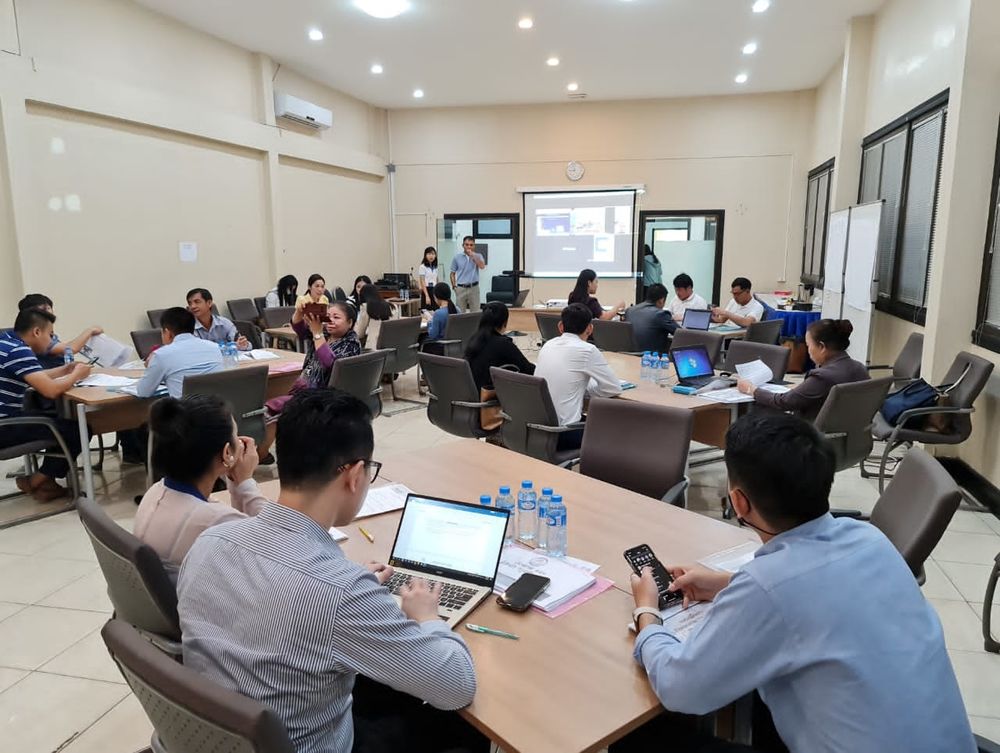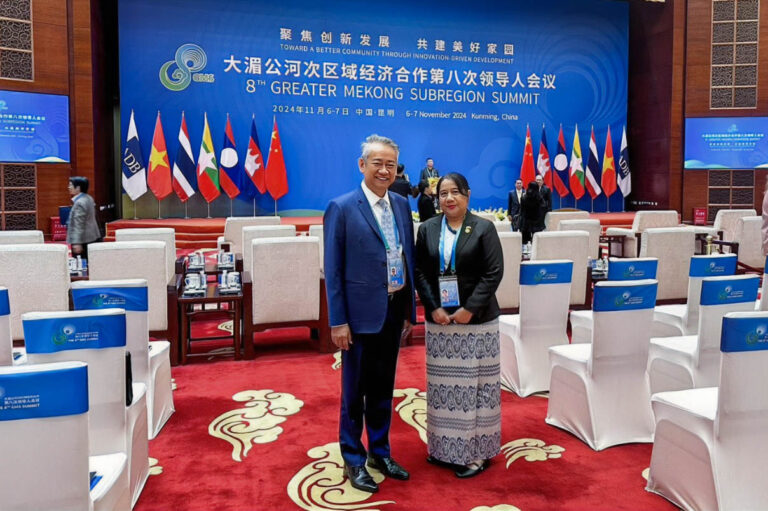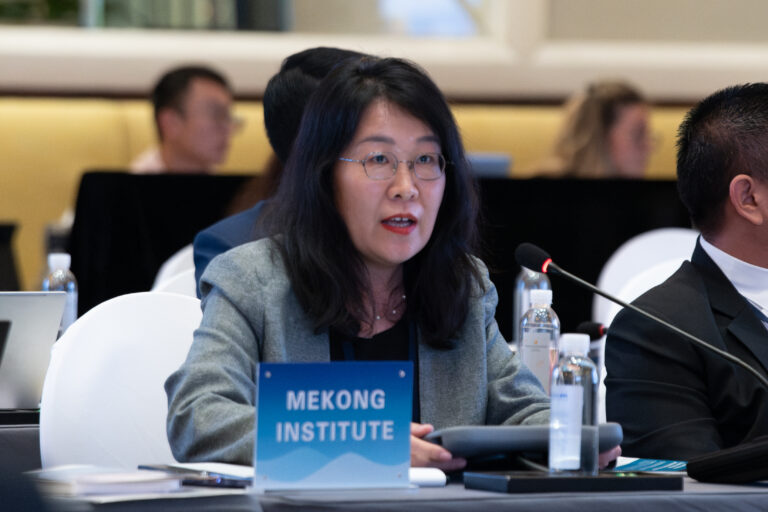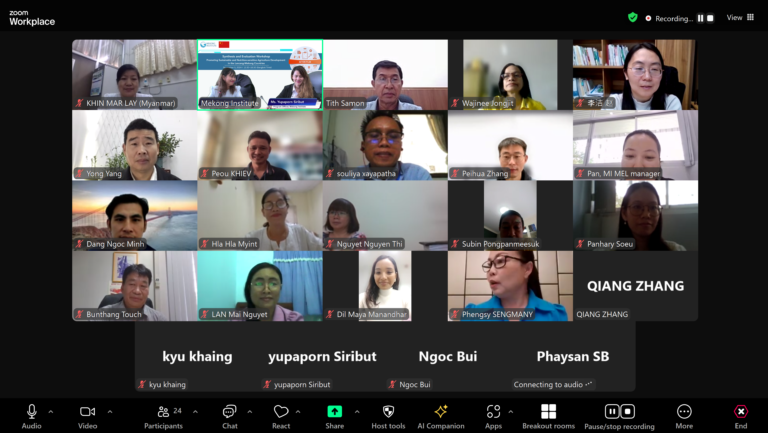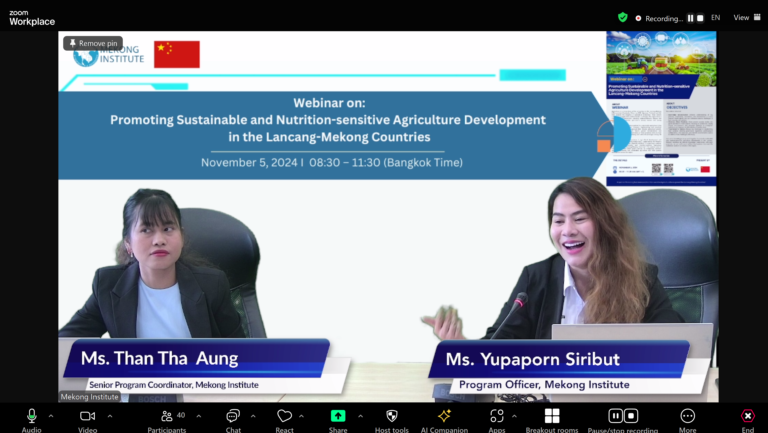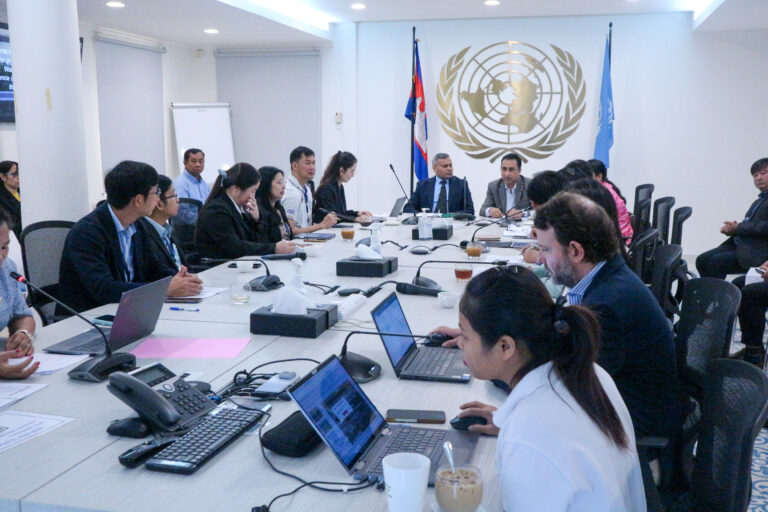“To realize a strong and sustainable food safety culture, we must continuously learn from each other so we can jointly institutionalize food safety management systems for the benefit of all.”
This was the statement of Ms. Maria Theresa S. Medialdia, Mekong Institute (MI) Director of Agricultural Development and Commercialization, during the opening session of the “Good Hygiene Practices (GHP) in Food Cottage Industries” in-country training in Vientiane, Lao PDR.
With support from the New Zealand Aid Programme (NZAP), MI and the Small-and Medium-Sized Enterprises (SMEs) Service Center (SSC) of the Lao National Chamber of Commerce and Industry (LNCCI) rolled out its second PROSAFE training from March 10 to 12, 2021 to help 25 representatives from Lao PDR’s food cottage industry better understand GHP standards, processes, and requirements for stronger market competitiveness and consumer trust.
“Small-scale cottage industries are economic lifelines for many in Lao PDR, particularly during this pandemic” Mr. Phutthasone Phomvisay, SSC Director, explained. He encouraged participants to learn from the presentations and practical sessions so they may be able to showcase Lao PDR’s unique food products to international customers, generate higher revenue, and increase employment in the country.
“This is an excellent opportunity for SMEs to elevate their products by understanding the basic principles of GHP, which is an important component of the Good Manufacturing Practices and Hazard Analysis Critical Control Point certifications,” he said.
The in-country training, which was borne from MI alumni’s request to understand requirements in acquiring government-issued food safety certification, will bring about stronger public awareness of the value of food hygiene, deeper understanding of food safety hazards and control measures, and higher compliance of food safety standards.
With MI facilitators joining via digital channels, food safety experts from Lao PDR’s Food and Drug Department of the Ministry of Health also presented updated regulations and progress of initiatives, as well as available government- and MI-sponsored activities that are open to country nationals interested in expanding their knowledge of food safety control systems. In addition, participants were exposed to GHP practices during a field visit in Friendship Agriculture Co., Ltd, and Houng Heuang Sinh Factory in Vientiane.
The activity was the first PROSAFE training held in Lao PDR for 2021. With funding from NZAP, MI’s PROSAFE project aims to strengthen food safety capabilities of agri-food supply chain stakeholders in Cambodia, Lao PDR, Myanmar, and Vietnam. Specifically, its goal is to promote food safety through a coordinated approach towards knowledge and skills development. Apart from addressing country-identified training needs, the project also builds strong partnerships and collaboration between the public and the private sector.


